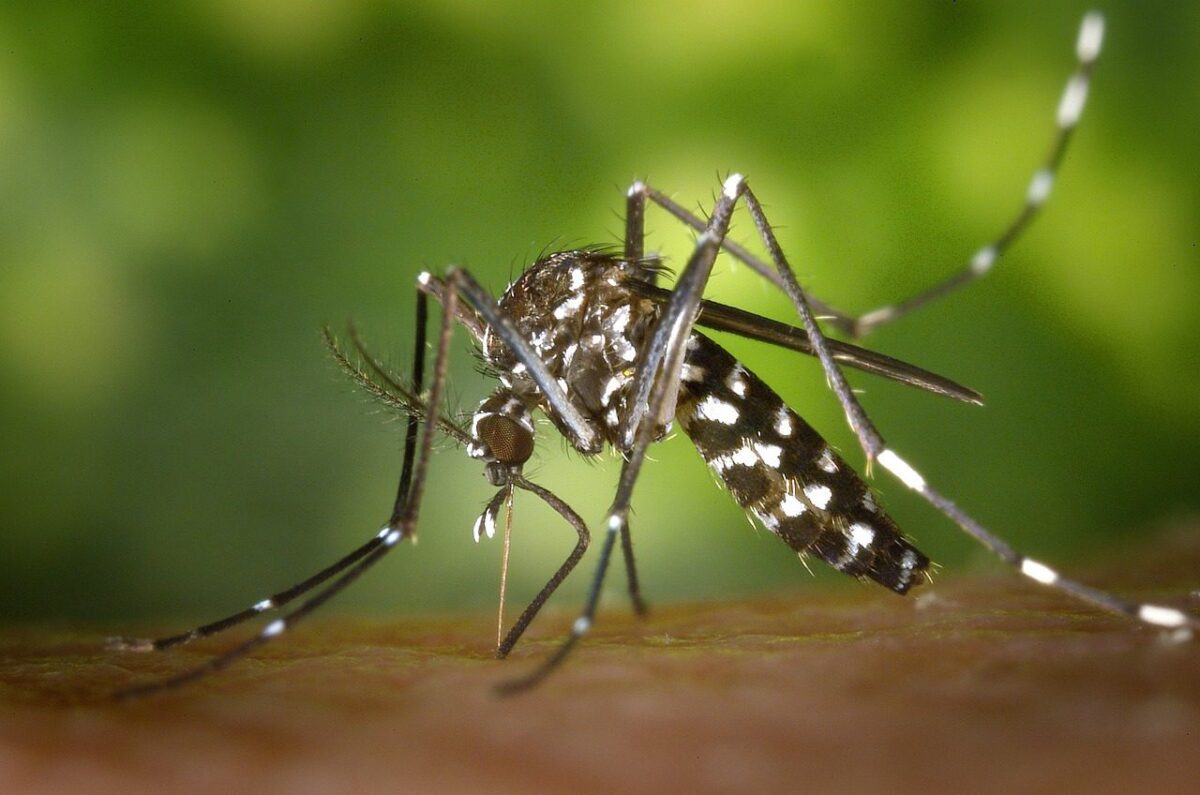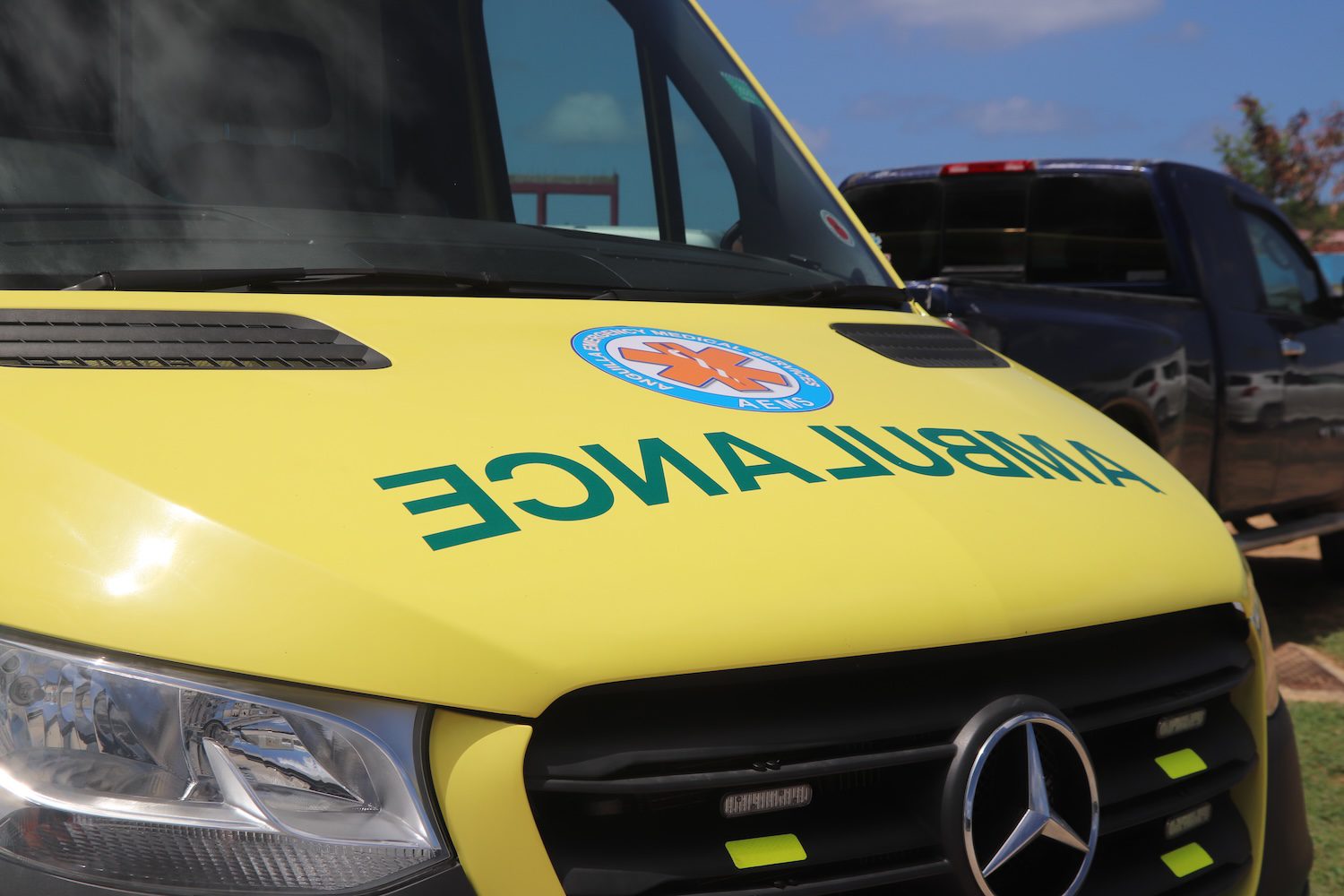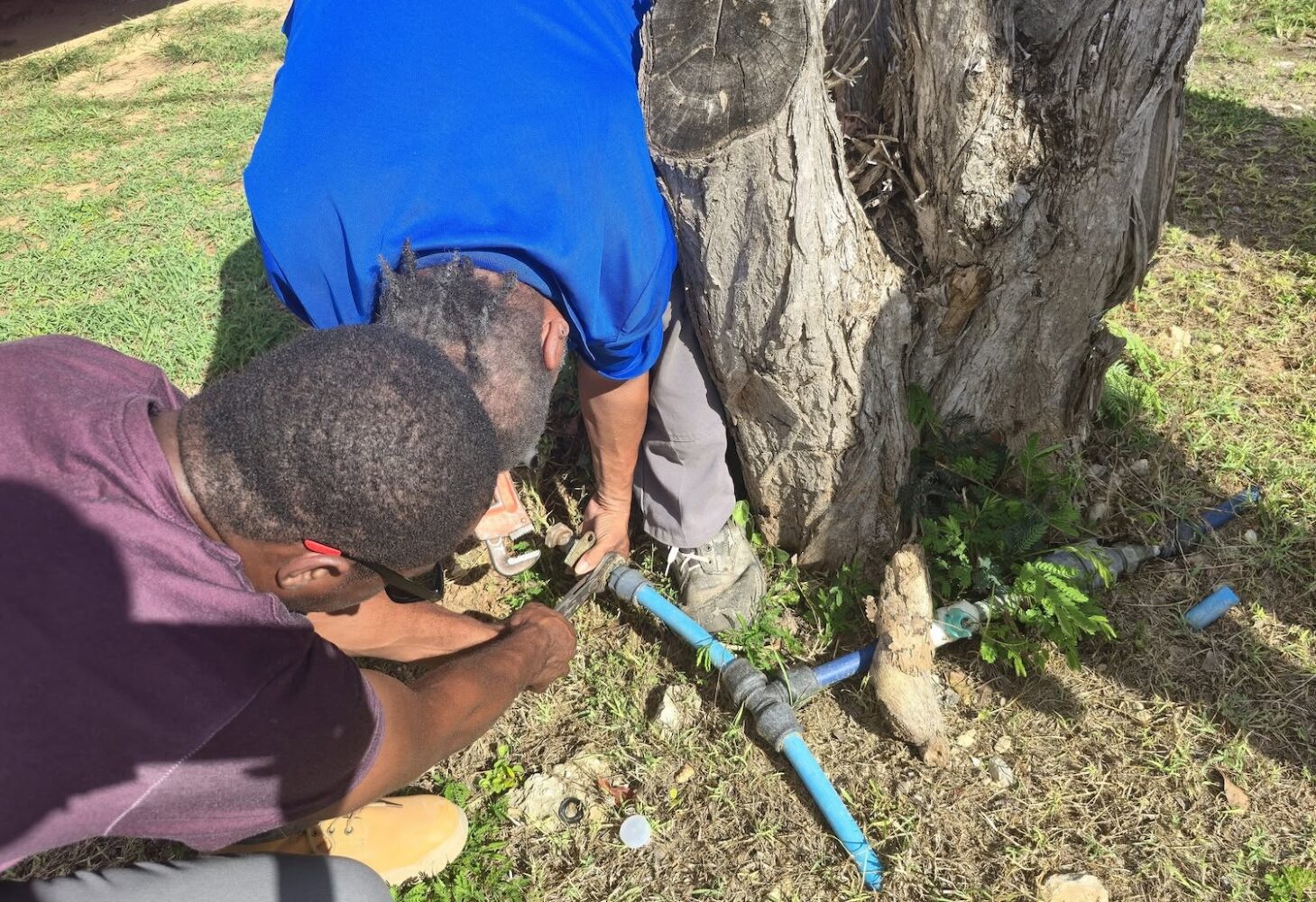Dengue cases are being detected in Anguilla on a sporadic basis, with at least eight since the beginning of this year, the Ministry of Health has said.
A press release from the ministry on 20 August reminded the public to protect themselves and their communities from the spread of the mosquito-borne disease.
It said that, as well as confirmed cases, recently there have been “anecdotal accounts of persons having symptoms compatible with dengue”.
The Caribbean Public Health Agency (CARPHA) has recorded dramatic increase in suspected Dengue cases in the Americas region during the first half of 2024, compared to the same period in 2023.
Dengue is a viral disease that is spread by the Aedes aegypti mosquito, which also spreads chikungunya, and zika.
Symptoms of dengue may include high fever, headache, pain behind the eyes, vomiting, muscle and joint pains, and a skin rash.
Some people may develop a severe and life-threatening form of dengue, which can cause bleeding and circulatory shock.
Anyone who develops symptoms of dengue, should contact their healthcare provider immediately, the press release said.
Protection and prevention
The following measures can help to prevent and protect against the spread of dengue and other mosquito-borne diseases:
At least once a week empty, scrub, turn over or throw out items with standing water in and around the home.
Tightly cover all water storage containers, containers without lids. Use wire mesh with holes smaller than an adult mosquito.
Repair cracks in septic tanks and cover open vents or plumbing pipes.
In general, keep surroundings clean. Solid waste that is improperly disposed of, including used tires and neglected old vehicles can become mosquito breeding sites.
Keep mosquitoes out of the home by using screens on windows and doors – repair holes in screens.
Consider using air conditioning when available.
Use mosquito repellent on exposed skin when outdoors in order to prevent mosquito bites.
When the weather permits, use protective clothing such as long sleeves and trousers.
Vector control officers from the Environmental Health Unit conduct free premises inspections to give further assistance or to check for breeding.
Anyone wishing to speak to a vector control officer can call 497 -2631.





